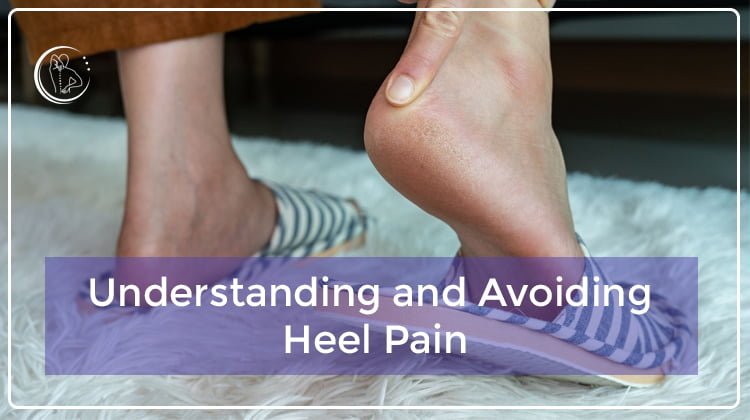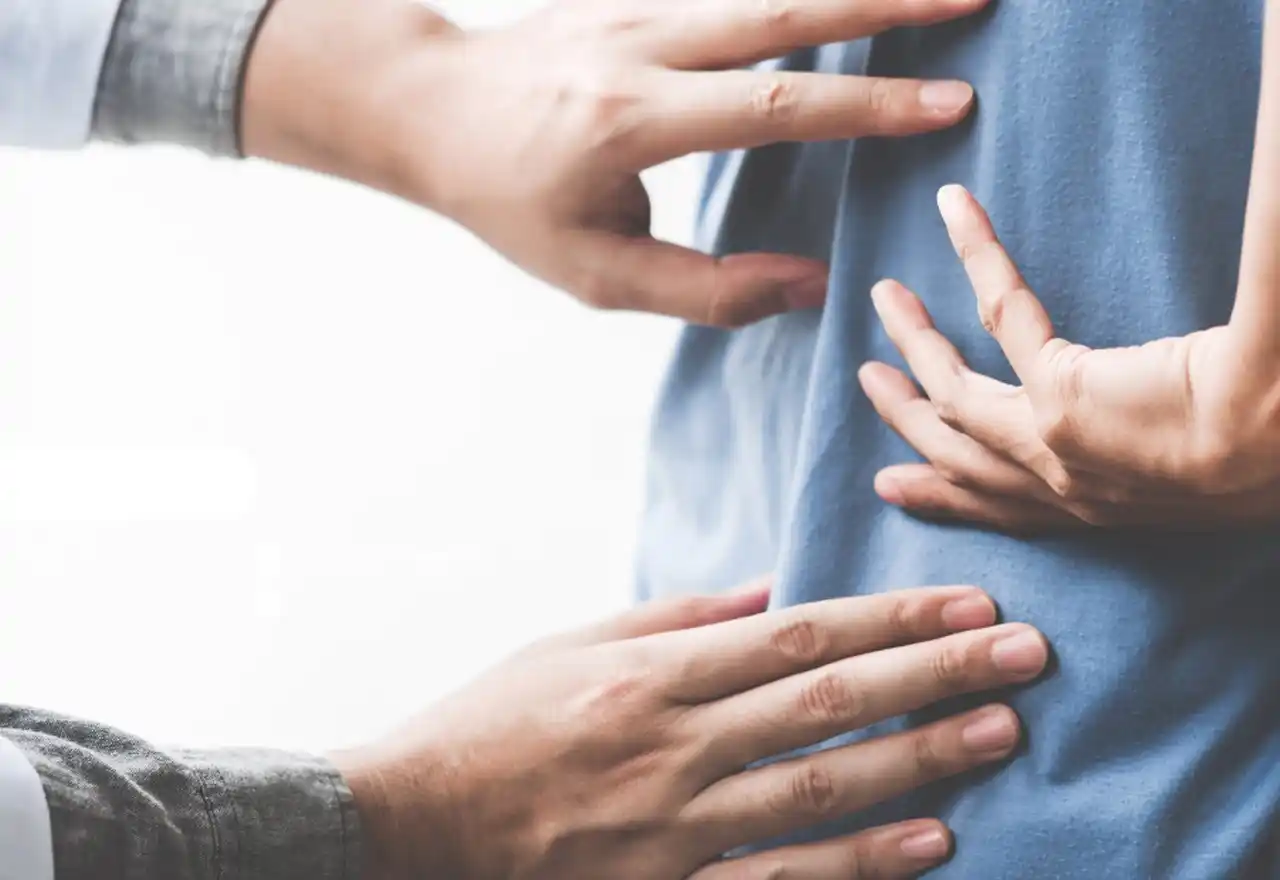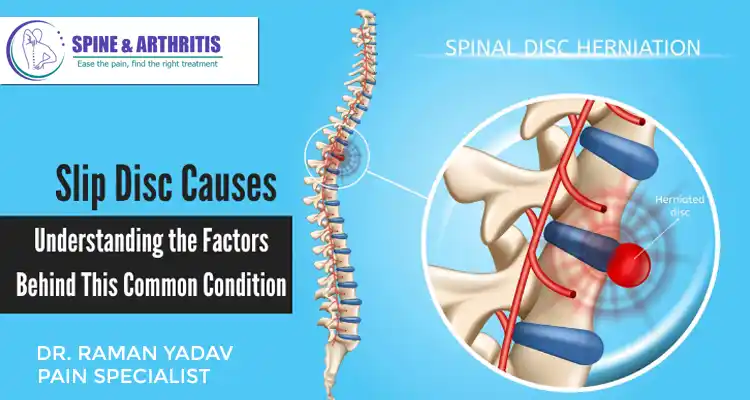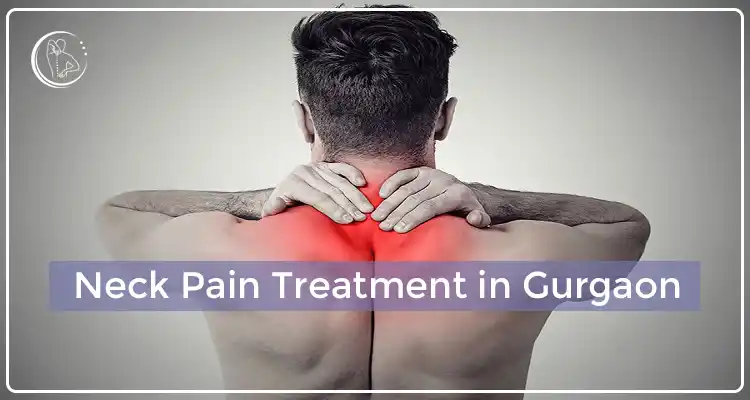
Heel Pain Treatment In Gurgaon
Heel pain is a common condition that can significantly impact daily life, affecting mobility and overall comfort. This article provides an in-depth understanding of heel pain, including its causes, symptoms, and effective strategies for prevention and management. Whether you’re experiencing acute discomfort or chronic issues, this comprehensive guide aims to offer valuable insights into understanding and avoiding heel pain & best options available for heel pain treatment in Gurgaon, Sector 57.
What is Heel Pain?
Heel pain refers to discomfort or pain localized in the heel area, which is the back part of the foot. This type of pain can be the result of various conditions, often characterized by sharp, stabbing sensations or a persistent ache. Understanding the nature of heel pain involves recognizing its common causes and the symptoms associated with different underlying issues.
Common Causes of Heel Pain
Plantar fasciitis is one of the most prevalent causes of heel pain. It occurs due to inflammation of the plantar fascia, a thick band of tissue running across the bottom of the foot. This condition often results from excessive strain on the fascia, leading to pain, especially during the first steps in the morning or after prolonged periods of rest. Common contributing factors include high-impact activities, poor foot biomechanics, and inadequate footwear.
Achilles tendinitis involves inflammation of the Achilles tendon, which connects the calf muscles to the heel bone. This condition is typically caused by overuse, particularly in individuals who engage in repetitive activities such as running or jumping. Symptoms include pain and stiffness in the back of the heel, which may worsen with physical activity.
Heel spurs are bony growths that develop on the underside of the heel bone, often associated with plantar fasciitis. These spurs are formed due to chronic strain and stress on the foot, leading to calcium deposits. While heel spurs themselves might not always cause pain, they are frequently linked with significant discomfort due to surrounding inflammation.
Bursitis is the inflammation of the bursa, a small fluid-filled sac that provides cushioning between bones and soft tissues. In the heel, this condition often affects the retrocalcaneal bursa, situated between the Achilles tendon and the heel bone. Symptoms include pain and swelling at the back of the heel, which can be aggravated by pressure or movement.
Stress fractures are tiny cracks in the bone caused by repetitive stress or overuse. These fractures can occur in the heel bone, leading to localized pain that intensifies with activity and improves with rest. Athletes and individuals involved in high-impact sports are particularly susceptible to this condition.
Symptoms of Heel Pain:
Heel pain manifests in various ways, depending on the underlying cause. Common symptoms include:
- Sharp or stabbing pain: Often felt in the morning or after sitting for extended periods.
- Aching or throbbing: Persistent discomfort that may worsen with activity.
- Swelling or inflammation: Noticeable around the heel or the back of the foot.
- Tenderness: Sensitivity when touching or applying pressure to the heel.
Symptoms of Heel Pain:
Accurate diagnosis of heel pain treatment in Gurgaon requires a thorough evaluation by a healthcare professional. The diagnostic process typically involves:
- Medical History Review: Discussing symptoms, lifestyle, and activity levels.
- Physical Examination: Assessing foot structure, gait, and areas of tenderness.
- Imaging Studies: Utilizing X-rays or MRIs to identify structural issues or inflammation.
Managing Heel Pain
Resting & Ice Therapy: Resting the affected foot and applying ice can reduce inflammation and alleviate pain. Aim for 20-minute ice sessions several times a day, especially after activities that aggravate the condition.
Medications: Over-the-counter nonsteroidal anti-inflammatory drugs (NSAIDs), such as ibuprofen or naproxen, can help manage pain and inflammation. Consult with a healthcare provider for appropriate medication and dosage.
Physical Therapy: A physical therapist can design a tailored exercise program to address heel pain. This may include manual therapy, stretching exercises, and strengthening routines to improve foot function and reduce discomfort.
In severe cases, more invasive treatments may be necessary. Options include:
- Corticosteroid Injections: To reduce inflammation and pain.
- Extracorporeal Shock Wave Therapy (ESWT): To promote healing in chronic cases.
- Surgery: Considered as a last resort for persistent heel pain that does not respond to conservative treatments.
Understanding and addressing heel pain treatment in Gurgaon involves recognizing its causes, symptoms, and effective management strategies. By adopting preventive measures, utilizing appropriate treatments, and consulting healthcare professionals, individuals can significantly reduce the impact of heel pain on their daily lives.
More Information You can Call Us or Visit Our Clinic to get detailed information regarding Heel Pain Treatment In Gurgaon, Sector 57.
Post a comment Cancel reply
You must be logged in to post a comment.






